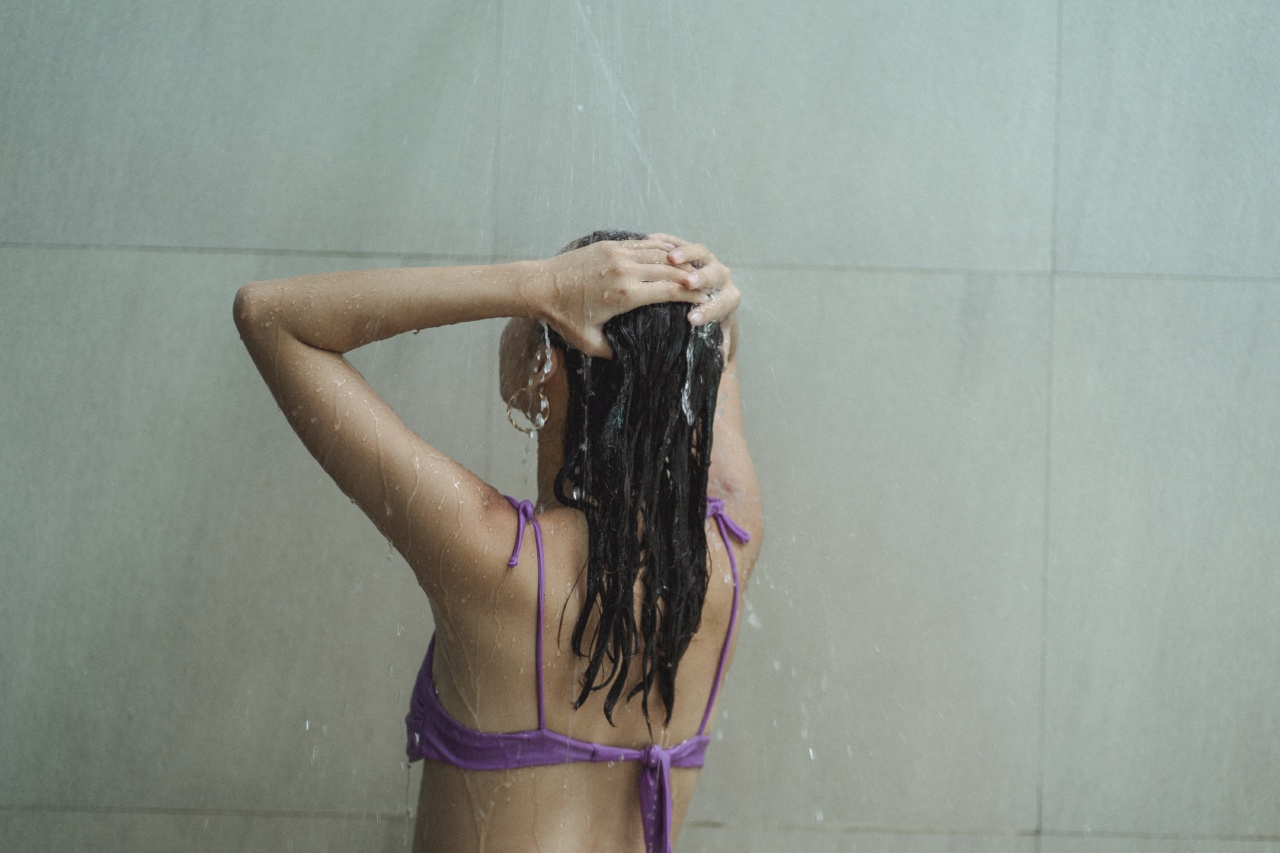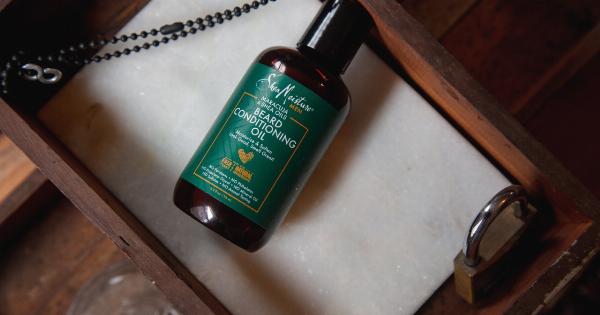Keeping your hair clean is an essential part of maintaining its health and appearance. Regularly washing your hair helps remove dirt, oil, and product buildup, leaving your strands fresh and revitalized.
However, finding the perfect balance between washing too often and not washing enough can be tricky. Over-washing can strip your hair of its natural oils, leaving it dry and prone to breakage. On the other hand, washing too infrequently can lead to a buildup of oils and products, making your hair heavy, greasy, and lackluster.
So, what is the ideal number of times to wash your hair? Let’s dive deeper into this topic.
Finding Your Hair Type
Understanding your hair type is crucial when determining the frequency of washing. Different hair types require varying levels of care and maintenance. Here are some common hair types:.
1. Straight Hair
Straight hair tends to get oily faster. As a result, individuals with straight hair may need to wash their hair more frequently, approximately every other day or every two days.
2. Wavy Hair
Wavy hair is more prone to dryness and frizz. Washing wavy hair every two to three days is generally recommended to maintain moisture and prevent tangles.
3. Curly Hair
Curly hair tends to be naturally drier due to its structure, which makes it more prone to frizz and breakage. Washing curly hair once or twice a week is usually sufficient to prevent excessive dryness.
4. Coily Hair
Coily hair has the tightest curl pattern and is the driest hair type. Washing coily hair once a week or every ten days helps retain moisture and prevent breakage.
Factors that Influence Washing Frequency
Besides your hair type, there are several other factors that can affect the ideal number of times to wash your hair. These can include:.
1. Scalp Condition
If you have a naturally oily scalp or suffer from conditions like dandruff or seborrheic dermatitis, you may need to wash your hair more frequently to maintain scalp health.
2. Lifestyle and Activity Level
If you lead an active lifestyle or regularly engage in activities that make you sweat, such as working out or playing sports, you may need to wash your hair more often to remove sweat and debris.
3. Environmental Factors
Living in a polluted city or frequently exposing your hair to harsh environmental conditions, such as extreme heat or cold, can lead to a buildup of dirt and pollutants. In such cases, washing your hair more frequently may be necessary.
4. Styling Products
The use of styling products like gels, mousses, and hairsprays can result in product buildup, making your hair feel weighed down and appear dull. If you use a lot of styling products, you may need to wash your hair more often to maintain its freshness.
Listen to Your Hair
Ultimately, the ideal number of times to wash your hair depends on how it looks and feels. Pay attention to your hair’s condition and adjust your washing routine accordingly.
If your hair feels greasy or looks limp, it may be a sign that you need to wash it more frequently. Conversely, if your hair feels excessively dry or looks frizzy, you may be washing it too often and should consider reducing the frequency.
Tips for a Perfect Washing Routine
Regardless of your hair type, here are some tips to help you create an effective and nourishing washing routine:.
1. Use Lukewarm Water
Washing your hair with hot water can strip away essential oils and lead to dryness. Instead, opt for lukewarm water to help maintain your hair’s natural moisture balance.
2. Choose the Right Shampoo and Conditioner
Selecting products specifically formulated for your hair type can make a significant difference in how your hair looks and feels. Whether you have straight, wavy, curly, or coily hair, find products that cater to your specific needs.
3. Don’t Overuse Shampoo
Avoid using too much shampoo as it can cause your hair to become dry and brittle. A quarter-sized amount of shampoo is usually sufficient for most people.
4. Focus on the Scalp
When shampooing, concentrate on cleansing your scalp rather than vigorously scrubbing your hair strands. The shampoo will naturally cleanse the rest of your hair as it rinses out.
5. Condition Properly
Apply conditioner mainly to the lengths and ends of your hair, as these areas tend to be drier. Leave the conditioner on for a few minutes before rinsing to allow it to deeply hydrate and nourish your strands.
6. Rinse with Cold Water
Before you step out of the shower, rinse your hair with cold water. Cold water helps seal the hair cuticles, adding shine and reducing frizz.
7. Limit Heat Styling
Excessive heat styling can cause damage to your hair over time. Whenever possible, let your hair air dry naturally or use heat protectant products before using hot tools.
Conclusion
Ultimately, there is no one-size-fits-all answer to the ideal number of times to wash your hair. It varies depending on your hair type, scalp condition, lifestyle, and environmental factors.
By understanding your hair’s unique needs and listening to its signals, you can establish a washing routine that keeps your strands healthy, lustrous, and free from dehydration.





























